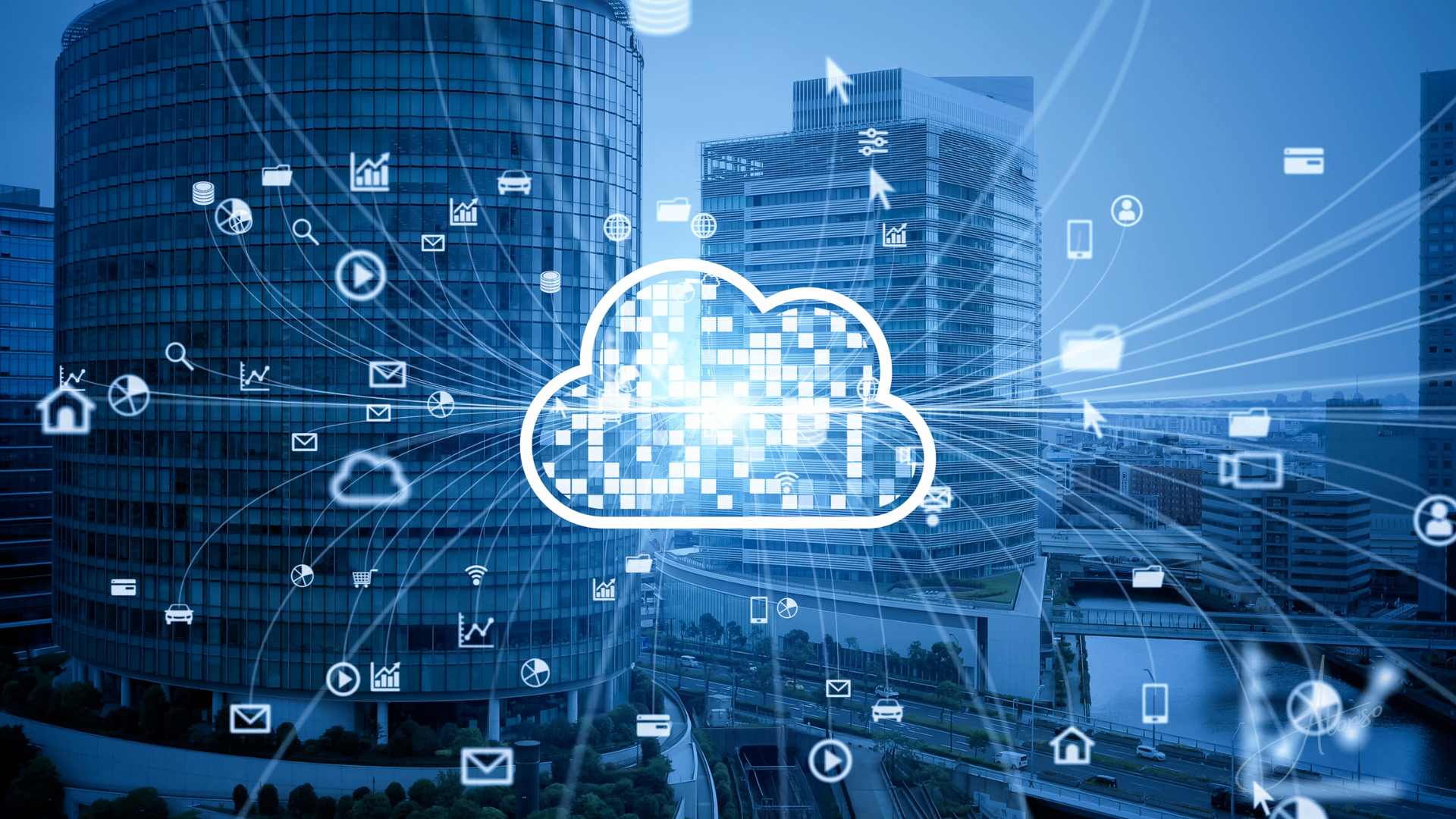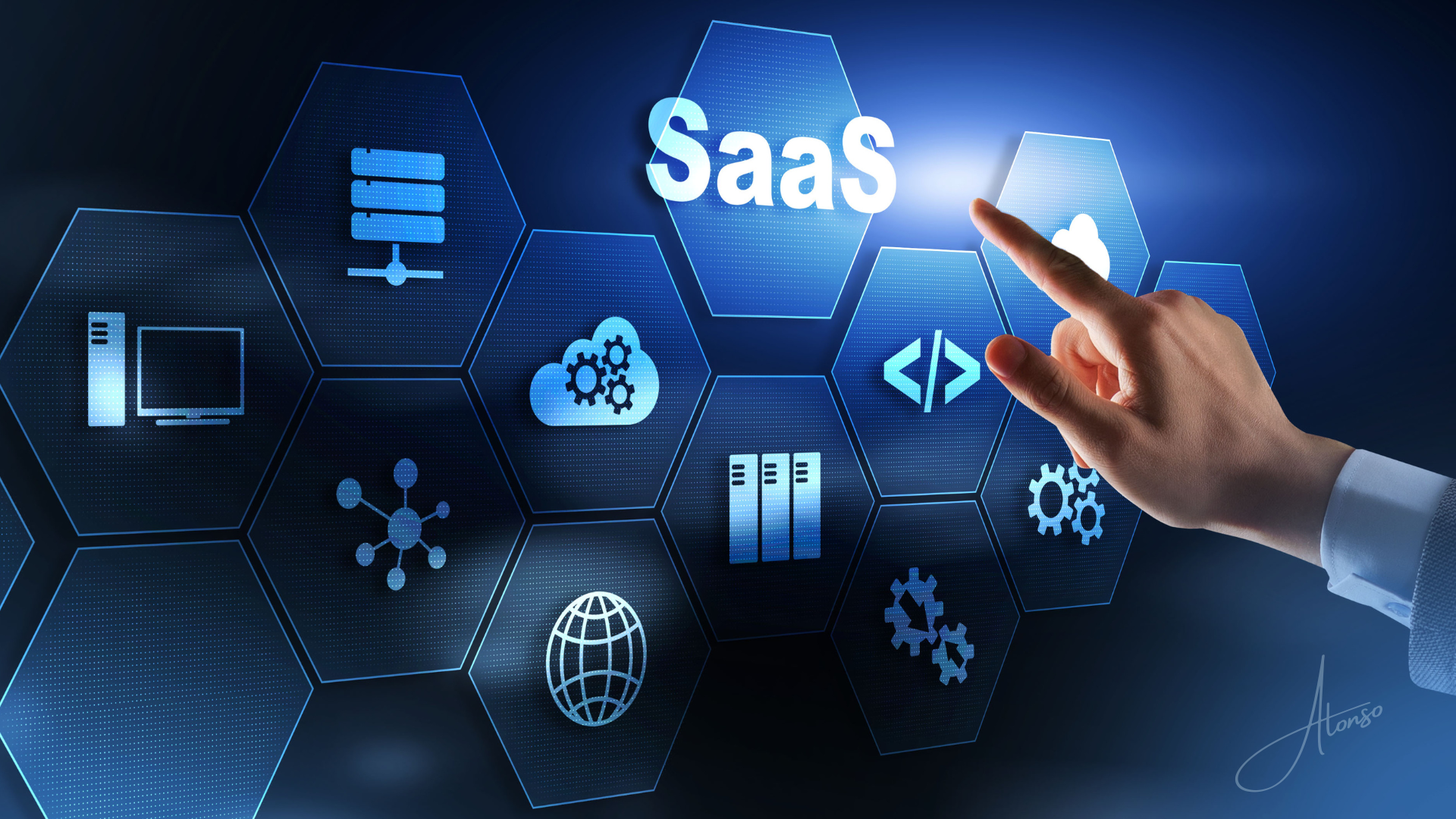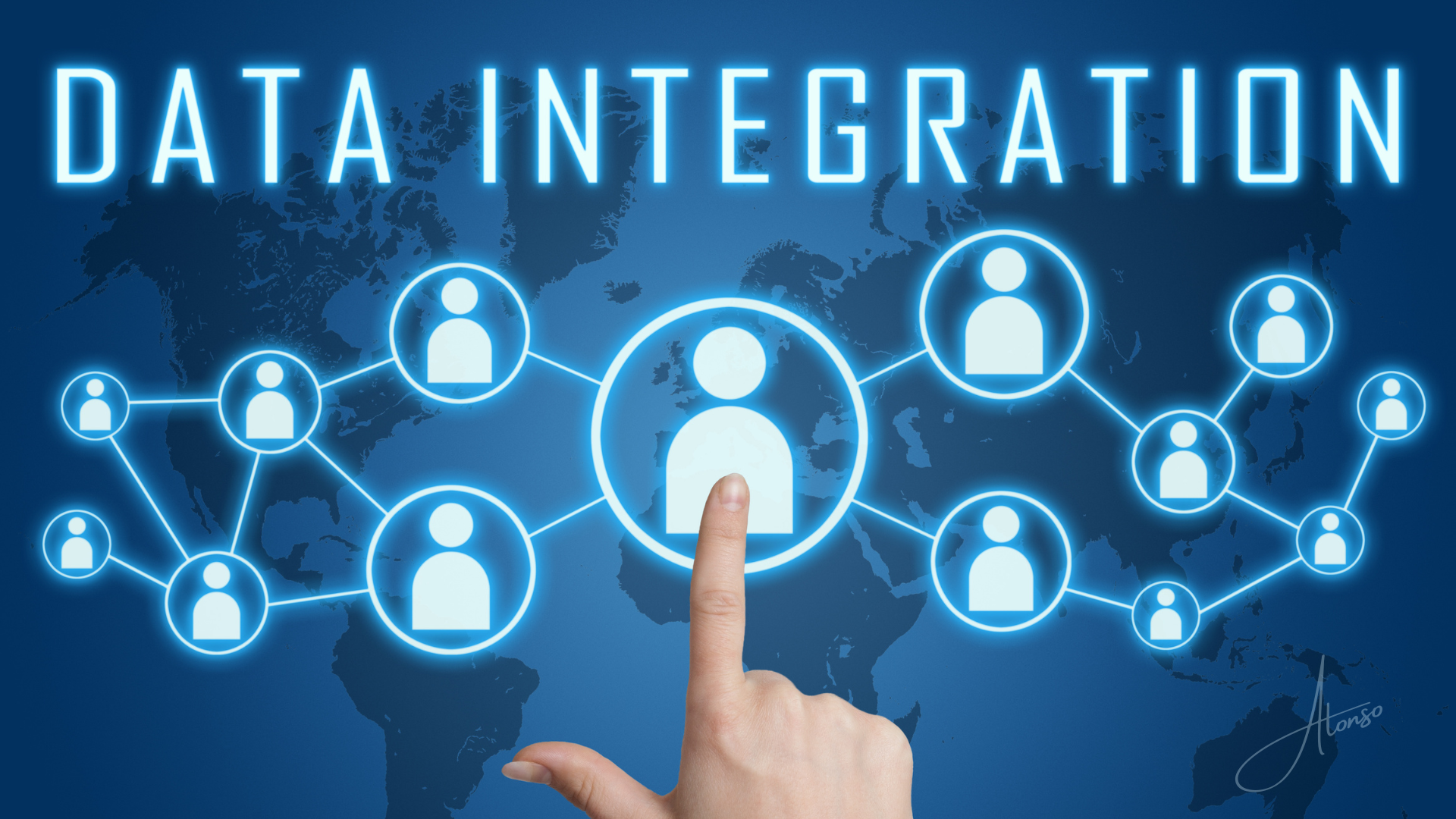Integration of Digital Solutions in the Hospitality Sector: Key to Efficiency and Competitiveness
In an increasingly competitive and dynamic environment, the integration of digital solutions in the hospitality sector has become a strategic priority. Digitalization not only optimizes operations but also enhances the customer experience, increases operational efficiency, and ultimately boosts business profitability. This article addresses the importance of digital integrations, their challenges, and best practices for implementing them effectively, including the fundamental role that ERP (Enterprise Resource Planning) systems play in this process.
🔹1. The Era of Digitalization in Hospitality
Digitalization in the hospitality sector is not a passing trend; it is a necessary evolution to survive and thrive. Hotels, restaurants, and other industry players have started adopting advanced technologies to manage reservations, personalize the customer experience, optimize inventory management, and much more. However, for these digital solutions to be truly effective, they must be seamlessly integrated into daily operations, and this is where an ERP plays a crucial role.
1.1. The Data Revolution
The ability to collect, analyze, and use real-time data has changed the way decisions are made in hospitality. Integrations allow for the centralization of this data, creating a single source of truth that facilitates predictive analysis and data-driven decision-making, thereby improving accuracy and speed. An ERP centralizes all this information, integrating multiple departments and functions within a single platform, ensuring that all data is consistent and accessible in real time.
1.2. Personalization at Scale
Today's customers expect personalized experiences. The integration of CRM (Customer Relationship Management) platforms with other operating systems allows hotels and restaurants to offer personalized recommendations, more effective loyalty programs, and superior customer service. An ERP, by integrating the CRM with other systems like the PMS (Property Management System) and inventory management, facilitates the personalization of the customer experience by providing a comprehensive and centralized view of each guest's preferences and behavior.

🔹2. Key Challenges in the Integration of Digital Solutions
Despite the clear benefits, the integration of digital solutions in hospitality faces several challenges. Recognizing and addressing these obstacles is essential for successful implementation.
2.1. Complexity of Existing Systems
Many hospitality establishments, especially those with years of operation, have complex and outdated technological infrastructures. The coexistence of legacy systems with new digital solutions can create issues with compatibility, security, and efficiency. It is vital to conduct a thorough analysis of the existing infrastructure before implementing new technologies. Here, an ERP can act as a connector between old and new systems, facilitating the transition and improving interoperability between different platforms.
2.2. Resistance to Change
Change can be challenging, especially in a sector where traditional operations have dominated for decades. Resistance to change from staff is one of the main obstacles in digitalization. To overcome this, it is crucial to foster a culture of innovation and provide adequate training so that staff feel comfortable and competent with the new tools. A well-implemented ERP can make the transition smoother by offering intuitive interfaces and simplified processes that reduce resistance and increase adoption.
2.3. Initial Cost and ROI
The cost of implementing new technologies can be significant, and while the long-term return on investment (ROI) is positive, the benefits are not always immediate. It is essential to develop a solid financial plan that accounts for the initial costs, expected benefits, and a clear timeline for ROI. An ERP, by integrating multiple systems and reducing redundancy, can accelerate the return on investment by optimizing operational processes and reducing the costs associated with managing multiple independent platforms.

🔹3. Key Benefits of Digital Integrations
Despite the challenges, the benefits of digital integrations in the hospitality sector are undeniable. Those who manage to implement these solutions effectively will be better positioned to lead the market.
3.1. Improvement in Operational Efficiency
Automating routine tasks, such as reservation management, check-in/check-out, and room assignment, allows staff to focus on providing better customer service. Additionally, integrating property management systems (PMS) with other software facilitates daily administration and reduces operational errors. An ERP takes this a step further by integrating all these functions into a single platform, eliminating the need for multiple separate systems and simplifying operational management.
3.2. Optimization of the Customer Experience
Integrating tools like chatbots, mobile applications, and real-time feedback systems enhances customer interaction and allows for deeper personalization. Customers value the convenience of managing their reservations, special requests, and payments from their mobile devices, which improves their satisfaction and loyalty. With an ERP, these systems can work cohesively, enabling hospitality operators to have a 360º view of the customer and respond to their needs more efficiently.
3.3. Increase in Profitability
The ability to analyze real-time data allows managers to make informed decisions about pricing, promotions, and resource management. This not only improves occupancy and profitability but also optimizes resource use, leading to a more sustainable and profitable operation. An ERP, by centralizing and analyzing all operational data, helps identify opportunities for improving efficiency and profitability, providing a robust framework for strategic decision-making.

🔹4. Best Practices for Digital Solution Integration
To maximize the benefits of digitalization, it is essential to follow some best practices to ensure a smooth and effective implementation.
4.1. Comprehensive Needs Assessment
Before implementing any digital solution, it is crucial to conduct a thorough assessment of the business needs. This includes identifying areas where technology can have the greatest impact, such as reservation management, customer service, or resource optimization. A well-designed ERP can help map these needs by providing a comprehensive view of all operational processes.
4.2. Selection of Reliable Vendors
The success of a digital integration largely depends on choosing the right technology providers. It is important to select vendors with experience in the hospitality sector who offer flexible and scalable solutions that can adapt to the changing needs of the business. ERPs specialized in hospitality often provide customized modules that meet the specific needs of the sector, ensuring a smoother and more effective integration.
4.3. Ongoing Staff Training
Technology alone does not guarantee success. Investing in ongoing staff training is essential for them to use new tools efficiently. Training should include not only the technical use of the tools but also how these can improve their daily work and the customer experience. Modern ERPs often include integrated training modules that facilitate continuous learning and staff development.
4.4. Continuous Monitoring and Adjustments
Once digital solutions are implemented, it is important to regularly monitor their performance. This allows for identifying issues, making adjustments, and ensuring that the technology remains aligned with the business's strategic goals. Feedback from staff and customers is invaluable in this process. An ERP facilitates this monitoring by providing real-time dashboards and reports, enabling quick, data-driven adjustments.

🔹5. Success Stories: Learning from the Best
Observing how other industry players have successfully integrated digital solutions can provide valuable insights and important lessons.
5.1. Marriott International
Marriott has led the way in integrating digital solutions in the hospitality industry. From implementing a centralized property management system to using mobile apps for check-in, Marriott has significantly improved operational efficiency and customer satisfaction. Their focus on personalization and data-driven technology has been key to their global success. A centralized ERP has been crucial in their strategy to integrate data and operations across multiple properties under a single platform.
5.2. AccorHotels
AccorHotels has leveraged digitalization to transform the guest experience. By integrating advanced CRM systems, Accor has been able to offer personalized experiences at scale, enhance customer loyalty, and optimize its operations. Their digitized loyalty program is a model to follow in the industry. Here, an ERP has been key in efficiently managing all internal operations and ensuring that each property aligns with the brand’s global vision.
5.3. NH Group
The NH Group has taken a holistic approach to digitalization, integrating solutions across all areas of their operations, from reservation management to energy control. This has not only improved efficiency but also allowed the group to reduce its environmental impact, a factor increasingly valued by customers. Implementing an ERP has enabled NH to coordinate its sustainability and efficiency efforts uniformly and effectively across all its properties.

💎 Conclusion: The Future of Hospitality is Digital
Digital transformation in the hospitality sector is not merely a strategic option; it is an imperative necessity to remain competitive in a dynamic and ever-evolving market. As technology advances, customer expectations rise exponentially, and establishments that fail to adapt risk falling behind, losing relevance and competitiveness.
Adopting an integrated digital strategy, focused on improving operational efficiency and personalizing the customer experience, is crucial for long-term success. This is not just a passing trend but a profound transformation that redefines how businesses in the hospitality sector operate and engage with their customers.
The key to successful digitalization lies in carefully planning each step, from choosing the right tools and platforms to ongoing staff training. Moreover, a commitment to continuous improvement is essential; technology evolves rapidly, and only those willing to adapt will stay at the forefront.
An ERP, as a core component of this strategy, not only provides the necessary infrastructure to integrate various digital functions but also enables hotels and other establishments to optimize their operations, make data-driven decisions, and deliver a level of service that exceeds customer expectations. This approach not only enhances daily operations but also establishes a solid foundation for sustainable growth and continuous innovation, ensuring that hospitality businesses not only survive but thrive in the digital age.
Ultimately, digitalization is not the end but the means to achieve a greater goal: creating memorable and exceptional experiences for customers while building a resilient and future-ready business. The future of hospitality is undoubtedly digital, and those who embrace it with vision and determination will be the leaders of the next generation in the sector.
...Building the Future of Hospitality ...❤️❤️❤️❤️❤️
#️⃣#Hospitality #DigitalTransformation #HotelManagement #Innovation #CustomerExperience #Technology #HospitalityIndustry #ERP #Leadership #DigitalGrowth #FutureOfWork #OperationalExcellence #HospitalityTech #SmartHotels #DigitalChange
integration of Digital Solutions in Hospitality